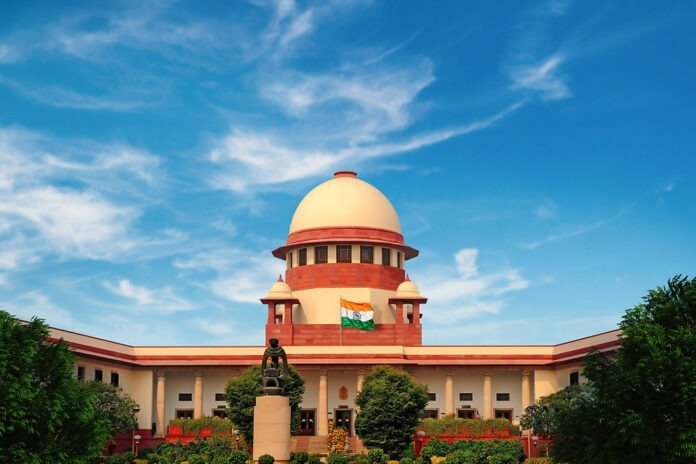Supreme Court warns speculative investors against abusing IBC. Focus on real estate sector misuse and need for genuine intent. | The Legal Observer
The Supreme Court reiterates that the Insolvency and Bankruptcy Code cannot serve as a shortcut for opportunistic investors lacking genuine stakes.
In a landmark judgment set to reshape how the Insolvency and Bankruptcy Code (IBC) is invoked in the real estate sector, the Supreme Court of India has strongly cautioned against its misuse by speculative investors. The apex court observed that proceedings under the IBC are meant for bona fide resolution and revival of financially distressed companies — not to aid quick exits or commercial gain for those with no real interest in the underlying project.
“The Code is not a weapon in the hands of speculative investors seeking to make windfall gains. The objective of the IBC is resolution, not liquidation or investor profits,” the bench noted.
The Court was hearing an appeal where a private investor had initiated insolvency proceedings against a developer, despite holding only a minor stake in the project and showing no signs of genuine buyer interest. The bench led by Justice Sanjiv Khanna and Justice Dipankar Datta noted that such litigants distort the spirit of the Code, often to exert pressure or extract settlements unrelated to real insolvency concerns.
A Pattern of Misuse
Legal experts highlight that this is not an isolated case. Over the past few years, several instances have emerged where:
- Investors buy nominal units in under-construction projects,
- Subsequently claim default under IBC provisions (Section 7 or 9), and
- Leverage the legal process to extract undue settlements.
This trend poses severe implications for genuine homebuyers, whose interests often get delayed or diluted when developers are dragged into insolvency by non-serious or one-time buyers.
“The Supreme Court’s statement is a much-needed correction. The misuse of IBC, especially post the 2019 amendments, shows how the law intended to help genuine creditors is now being used as a litigation tactic,” says Rajesh Narang, a Delhi-based insolvency practitioner.
Context & Legislative Intent
The 2016 IBC enactment aimed to provide a robust framework for resolving financial distress in a time-bound and creditor-friendly manner. However, its scope expanded after amendments allowed even homebuyers to qualify as financial creditors.
While empowering consumers was a welcome move, it also opened the floodgates to speculative use, with several non-genuine claimants invoking the code without real financial injury or delay in possession.
The Way Forward
The Court suggested that adjudicating authorities (NCLTs) must scrutinise the intent behind each IBC filing. Mere technical default, especially when raised by individuals with no real connection to the project, should not be sufficient ground to admit a case.
Additionally, the judgment encourages lawmakers and regulators to revisit the qualifying criteria for financial creditors, particularly in real estate projects.
“The IBC must remain a tool for resolution, not coercion. Speculative conduct must be weeded out at the admission stage,” the bench added.
Conclusion
This judgment marks a pivotal moment in India’s evolving insolvency landscape, sending a strong message that the IBC cannot be weaponised for investor gain at the cost of resolution integrity. Legal professionals are expected to interpret the Code more cautiously, especially in real estate matters, where intent and stake must guide litigation, not opportunism.
🔗 Internal Links:
- Related Insight: The Legal Observer – National News
- Trending Topic: Most Popular Cases
- Deep Dive: Views & Insight
- Contact Us: Legal Helpline
- Watch Now: The Legal Observer YouTube Channel




